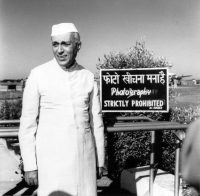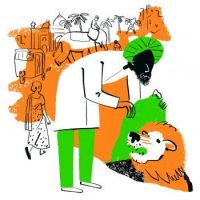
How Britain Lost Its Power of Seduction
“The place of those who have ceased to rule is to teach,” V. S. Pritchett wrote of Spain in 1954, as the British Empire was collapsing around him. By the end of the 20th century, Britain had long since ceased to rule. But in India, where I grew up and which had been a British colony for nearly 90 years and subject to its growing influence since the 1700s, it continued to feed us in myriad ways. The phantom limb of empire outlasted Britain’s physical presence; we felt ourselves bound, as if by an invisible cord, to our former colonial masters.… Seguir leyendo »









